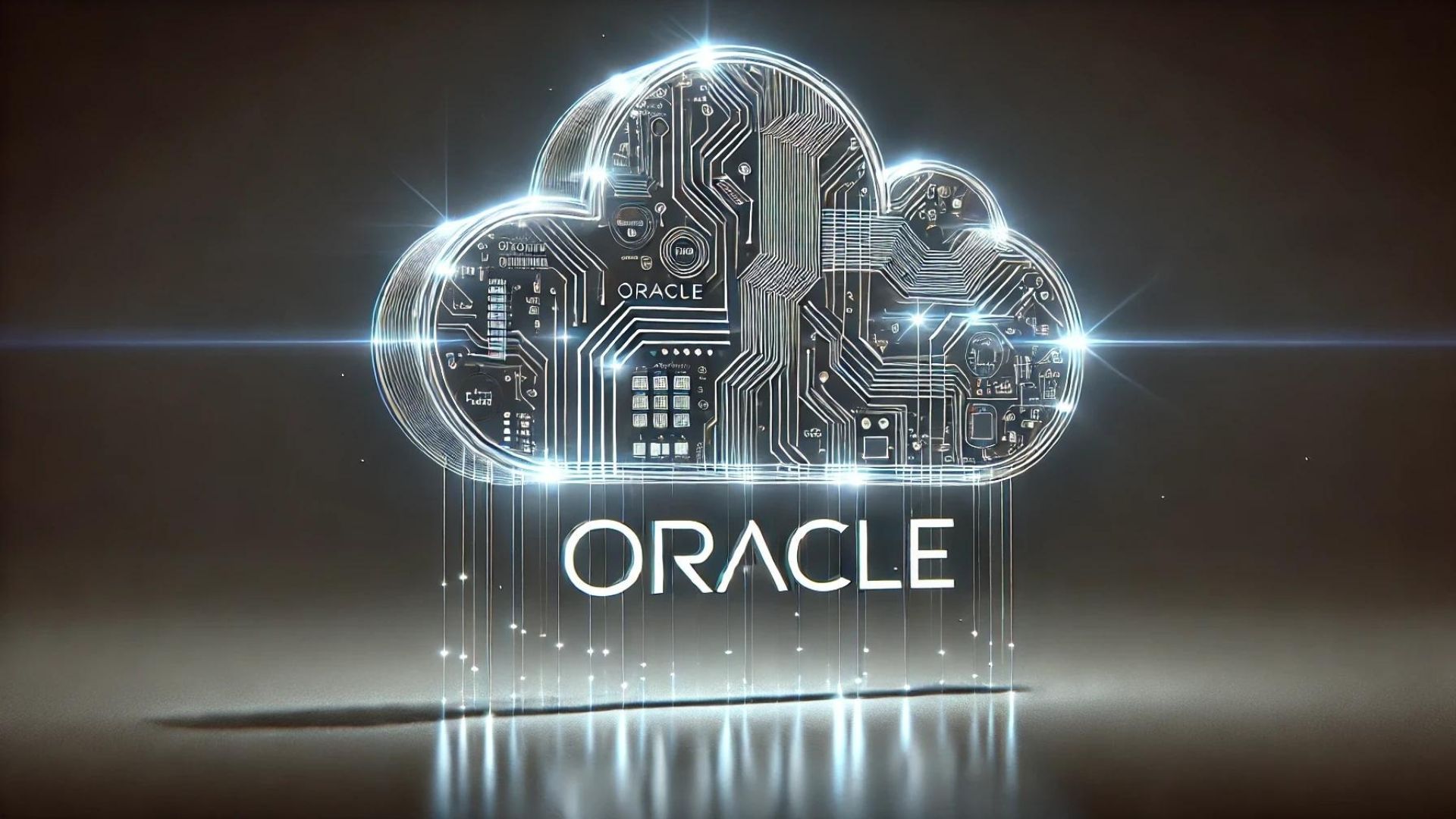Oracle Cloud Experience Day: 3 things we learnt
On September 19, we joined Oracle representatives to talk all things Oracle. Discover 3 key things we learnt.

Here at Ascend Cloud Solutions, we're passionate about deepening our understanding of the cloud. That's why we took part in the Oracle Cloud Experience Day at the Montenotte Hotel, right here in our hometown of Cork.
When we say "the cloud", we mean two things. First, there's the technical side. As ex-VMware staff, we're always keen to learn more about the technical advances that make cloud solutions possible.
But there's also the business side of things. We know our customers aren't deploying cloud environments for the sheer love of tech. They're doing it to help themselves reach their own individual goals.
That's why we were delighted to take part in the Oracle Cloud Experience Day on September 19.
The event dealt with both sides of the coin. Members of our team shared their take on Oracle Cloud VMware Solutions and representatives from Oracle made the case for its suite of powerful, goal-oriented solutions.
We believe customers should be informed about the solutions they deploy and we've zero interest in keeping valuable information and insights to ourselves. Here, then, are three key takeaways from the Oracle Cloud Experience Day.
1. There are five key benefits of Oracle Cloud
Kicking off the day was Oracle's Neil Mitchell, who gave us a clear, persuasive overview of Oracle Cloud's offering to enterprises.
We didn't need to be told that Oracle Cloud was a powerful, versatile tool. However, it was useful to see the case for OCI broken down into five key benefits.
- It offers the best performance at the best price, enabling enterprises to run everything faster – from AI to apps.
- It gives you the full cloud where and how you need it. This means it can be run in Oracle's global network or in a business data centre.
- It has the most powerful AI infrastructure – from a single VM to a 65,000 GPU cluster.
- It provides security so tight it's used by top secret agencies – but available to all.
- It's a platform that lets you leverage all your data with modern AppDev capabilities.
Hearing these five key benefits laid out so clearly was a valuable reminder of how Oracle Cloud can help businesses achieve their goals and realise their ambitions.
2. How Oracle can turn data into decisions
It's commonplace to say that data is now a vital asset to businesses. But how can those reams of data be turned into actionable insights?
One answer to this is "Oracle Analytics Cloud": a platform that Oracle's Jeremy Nagel explored in depth.
Oracle Analytics Cloud is constantly growing, with more than 100 new features delivered in 2023 and 2024. Its value for decision-centric business apps, enterprise cloud ecosystems, data management and data integration has been recognised by Gartner, which placed it at the top of its Magic Quadrant for Analytics and BI Platforms.
Its overarching purpose is to provide businesses with the tools they need to turn data into informed decisions. These include:
- Augmented analytics cloud platform
- Data preparation, data flow and data modelling
- Data visualisation, AutoML and AI
- One-click forecast and auto-insights
- Self-upgrading, patching and securing
Taken together, these tools put your data to work and mine it for valuable insights. It's another crystal-clear example of how Oracle Cloud's highly technical solutions put business front and centre.
3. How and why to modernise estates
Our third big takeaway from the day was about estate modernisation.
The cloud is changing all the time. Back in 2007, we were reminded, cloud adoption centred on start-ups: AWS, Netflix, Dropbox and Airbnb, to take four notable examples.
Over time, however, the paradigm has shifted: first to frontend, then to backend, and soon to cloud-native solutions and Kubernetes.
It's clear that estates need to be modernised to meet these changing demands. Doing so increases profitability by reducing costs. This is partly about simplifying and automating IT, freeing up personnel and IT budgets in the process.
It's also about a faster time to value. Modernisation unlocks dynamic engagements with both customers and employees. Data can be activated and monetised and business risks reduced.
That's the destination: but what does the journey look like? We were walked through a real-life example by Donal Milne, the FIS manager at Trinity College Dublin's Financial Services Division.
Donal began with an insight that we share here at Ascend Cloud Solutions: every transformation journey is different. It's the key reason why our
five-step cloud migration process is all about meeting each business's unique goals, demands and time scales.
He then spoke about his department's move to SaaS and its embrace of machine learning and automation. This, he said, relieves staff of manual, repetitive tasks, freeing up time and energy to focus on value add and core activities.
His insights were a fine balance of technical detail and business philosophy. One comment in particular resonated with us. The business, he said, sets the objective. Technology solves it.
Too often, we see the tech sector pushing solutions rather than finding the right infrastructure for an individual business. It's only by doing it the Oracle way – and, we'll say it, the Ascend way – that these technological tools can unlock business value.
Conclusion
It was a delight to spend the day with representatives from Oracle, sharing insights and learning more about Oracle Cloud's benefits for enterprises.
At Ascend, we're cloud-agnostic. We're happy to take a client from A to B without insisting on either A or B. Even so, we're big fans of what Oracle is doing for business cloud infrastructure.
We'll be publishing some more blog posts about what we learnt, so keep your eyes peeled!
Do you need expert guidance for your
Oracle Cloud migration strategy? At Ascend Cloud Solutions, we've handled more than 400 migrations and counting.
Get in touch today for a free, no-obligation consultation.











